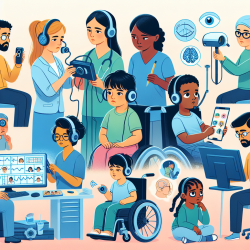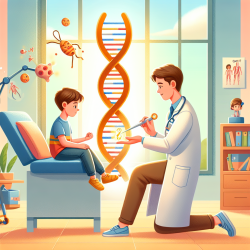The term "special needs" has long been used as a euphemism for disabilities in educational settings. However, recent research suggests that this term may be more harmful than helpful. As a Special Education Director, it's crucial to understand the implications of the language we use and how it affects our students and their families.
The Ineffectiveness of "Special Needs"
A study conducted by Gernsbacher et al. (2016) examined how people perceive individuals described as having "special needs" compared to those labeled with a specific disability or no label at all. The findings were eye-opening: individuals described as having "special needs" were viewed more negatively than those labeled with a specific disability or just as having a disability.
This suggests that the euphemism "special needs" may actually reinforce negative stereotypes rather than alleviate them. The term tends to evoke associations with developmental disabilities and unanswered questions, making it less effective in fostering understanding and acceptance.
The Importance of Precise Language
Using precise language is essential for promoting inclusivity and understanding in educational settings. Instead of using vague terms like "special needs," it's recommended to use specific language that accurately describes an individual's condition or disability. This approach not only respects the dignity of individuals but also helps in creating an environment where everyone feels valued and understood.
- Avoid Euphemisms: Terms like "special needs" can be seen as condescending or patronizing.
- Use Specific Language: Refer to individuals by their specific conditions (e.g., "has Down syndrome," "is blind").
- Promote Inclusivity: Using precise language fosters a more inclusive environment for all students.
Encouraging Further Research
The study by Gernsbacher et al. highlights the need for ongoing research into the language used in special education. As practitioners, staying informed about such research can significantly enhance our ability to support students effectively. Attending conferences, reading publications, and participating in webinars are excellent ways to stay updated on the latest findings and trends.
"Special needs" is an ineffective euphemism
By understanding the impact of our language choices, we can better advocate for our students and ensure that our educational practices are both effective and respectful.










